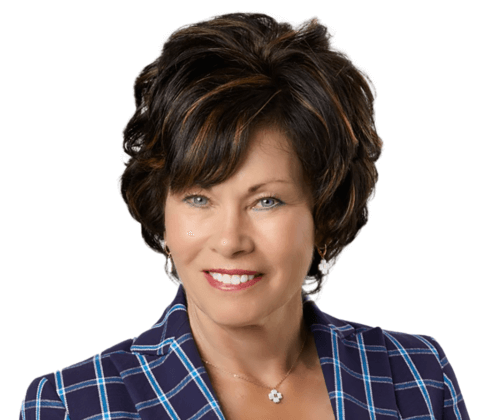This article originally appeared in the Toronto Star on November 24, 2019.
Dear Ms Freeland,
When you were sworn in as minister of international trade in 2015, there was no way we could have known that Donald Trump would become president, nor the challenges he would bring to our bilateral relationship.
No one could have predicted that so much of our bandwidth would be consumed by the renegotiation of NAFTA. Yet, you more than rose to the challenge. You navigated these unforeseen challenges with great success. At the same time, you never lost track of the importance of advocating for Canadian values throughout the world.
Well, times have changed and today, I have a new, equally challenging and unpredictable mandate for you.
That is why, it is on behalf of all Canadians that I am so thankful that you have answered my call to put country ahead of self and agree to serve as minister of intergovernmental affairs.
Historically, it may not have been the most coveted of ministries. At first blush, it may not provide as influential a platform as Global Affairs, but the fate of our government — in fact, the fate of our country — may hinge on your success in this new mandate.
Others, of course, have served in similar roles. For example, Stéphane Dion was Jean Chretien’s intergovernmental affairs minister, tasked with mending fences in the aftermath of the referendum.
That you are an Albertan by birth will be a helpful starting point for you as you assume your new duties. But, as the voters have taught us, a token approach to regionalism will do nothing to bring them back onside.
What is needed is not a charm offensive, but a skilled diplomat and political strategist who can build a genuine, enduring and practical consensus. In short, someone who knows how to get difficult jobs done.
I encourage you to think of yourself as my minister of national unity. As with NAFTA, the task at hand will require all of your back-channelling finesse, your technical expertise and your delicate hand in dealing with numerous stakeholders. Your task will be to bring regional factions on board with our agenda, including climate change, pharmacare and economic growth.
Make no mistake, the anger is real. While some had suggested that the so-called Wexit movement would flame out in the weeks after the election, polling now suggests that as many as 30 per cent of Albertans support Western separatism, and three-quarters of the population is sympathetic to the cause. Even if secession is unlikely, a vocal minority may drive the province to take more extreme positions, including the erection of a so-called firewall.
As minister of intergovernmental affairs, it falls to you to manage a hostile provincial government now considering collecting their own taxes, ending the policing contract with the RCMP, withdrawing from the Canada Pension Plan and holding a referendum on equalization payments.
Since the election, I myself have tried to extend a long overdue olive branch to Western Canadians.
Last week, I met with Saskatchewan Premier Scott Moe. I reiterated our commitment to finishing the Trans-Mountain Pipeline and invited him to propose changes to the equalization formula. That the premier left the meeting “disappointed” highlights just how much work you will have to do.
Governments such as Moe’s or Kenney’s, and indeed their electors, may be opposed to ours in political ideology, but as minister of intergovernmental affairs, you are charged with continuing to engage with them in good faith. I am counting on you to do what we were unable to do in our first mandate: keep them onside of our national project and prevent them from fanning the flames of separatism any further.
Every federal government has struggled to appease both East and West simultaneously.
With a resurgent Bloc in Quebec, where, strangely, support for Alberta separation runs even higher than in Alberta itself, and a government in Ontario resolutely determined to govern “for the people,” this will be more challenging than ever.
In recognition of this challenge and in recognition of your proven ability to be more than a spokesmodel and actually get the difficult things done, I have decided to appoint you as my first deputy prime minister.
Yours sincerely,
Justin Trudeau


